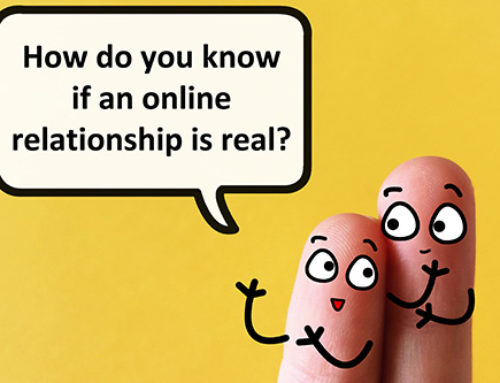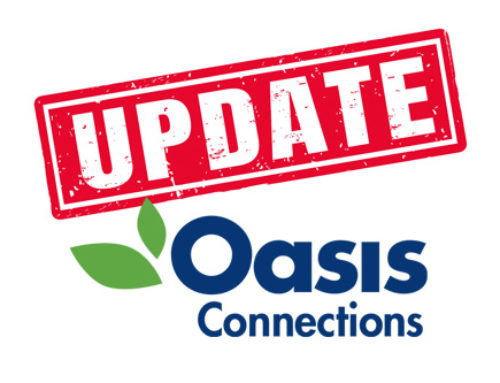Billions of usernames and passwords were leaked. Are yours among them?
Someone matched records from many past breaches and posted 3.2 billion usernames and the matched passwords on the internet in what is likely the largest leak of login credentials ever.
What happened?
Recently tech analysts discovered what might be the largest compilation of previously stolen credentials ever published to the internet. Named “Compilation of Many Breaches” (COMB), this is not a new hack. Instead, this is a compilation of data breaches from the past, including from Netflix and LinkedIn, that put 3.2 billion username and password combinations at risk. Because of the huge volume of credentials included in this online posting, chances are you are included.
How do you know if you’ve been affected?
To find out if yourdata has been leaked (in this or any other known breach), go to Have I Been Pwned, enter your email and click pwned? . If you use more than one email, you should search them each separately.
What should you do if your info has been leaked?
If you find that your information was leaked, now or in any other data breach, the first step is always to change the passwords on any affected accounts. Be sure to use a strong and unique password for every account, and if you don’t already, consider using a password manager. Additionally, enable two-factor authentication (2FA), which significantly reduces your risk even if your password is leaked.
Protect yourself now and in the future
Using strong passwords and two-factor authentication are important steps to keeping your data secure. But there are additional steps you can take, such as knowing how to recognize phishing scams, frequently changing your passwords, and familiarizing yourself with safe Internet practices. The Internet is a wonderful place to connect, engage, and do business as long as you take the proper precautions. For more information on staying safe on the internet, visit the free Connections Guide to Online Safety course and learn how to recognize and protect yourself from cybercrime and identity theft.
Want more information?
Check out this YouTube video or visit our Safety page.
Beware Gift Card Scams
6 ways scammers ask for payment by gift card and why you should say NO!
Gift cards are for gifts and anyone who claims they want you to pay with a gift card is not legitimate. Gift cards are almost like sending cash and can be redeemed anonymously. Money you have spent on gift cards is not traceable or able to be returned to you if a scammer receives the gift card. This video shows you how to recognize gift card scams and reminds you that if you receive a request from someone to pay with a gift card stop and do not purchase a gift card!
Oasis Connections has been teaching adults to be safe online since 2004.
AT&T supports the Oasis Institute, a non-profit educational organization that promotes healthy aging through lifelong learning, active lifestyles and volunteer engagement.





